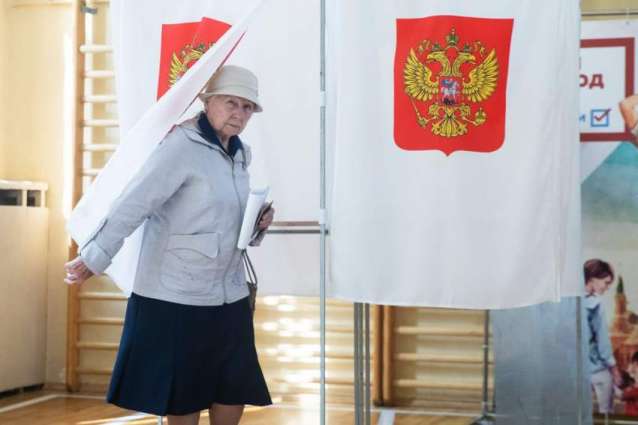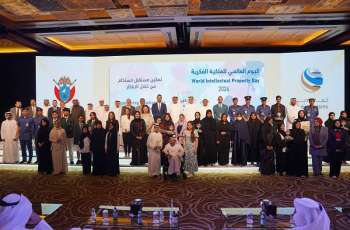International observers highlight the success of the remote all-Russian vote on amendments to the national constitution, Jeanine Arnoldy Sich, the chairwoman of the board of trustees of the Zhiva charity foundation, who was among the observers, said on Thursday
MOSCOW (Pakistan Point News / Sputnik - 02nd July, 2020) International observers highlight the success of the remote all-Russian vote on amendments to the national constitution, Jeanine Arnoldy Sich, the chairwoman of the board of trustees of the Zhiva charity foundation, who was among the observers, said on Thursday.
The nationwide vote on the constitutional amendments was originally planned for April 22 but was postponed due to the threat of COVID-19. It was later officially scheduled for July 1, with six additional voting days to avoid the spread of the disease. Residents of Moscow and the Nizhny Novgorod Region were able to vote remotely.
"We note the success of the remote vote," Arnoldy Sich said at a press conference at the Rossiya Segodnya news agency, adding that the international observers saw a high level of training of polling stations personnel in the difficult epidemiological situation.
During the vote, international observers visited 17 polling stations.
The expert expressed gratitude for the warm welcome they received and for the free access to the whole voting procedure.
"It is important for voters that the necessary data and information protection measures were taken during such electronic elections," Arnoldy Sich added.
Meanwhile, the head of the Afghan Youth Development Association, Mokhammad Tamim Ekhlas, said that the Russian electoral system complied with the standards of international law.
"What I saw at these polling stations, Russia's electoral system meets the standards of international law and international relations," Ekhlas said, adding that observers could freely talk to the chairman of the polling station and ask questions to the number of people who had already voted.
The expert also said he personally talked to public observers students of different profiles, teachers and other specialists.




